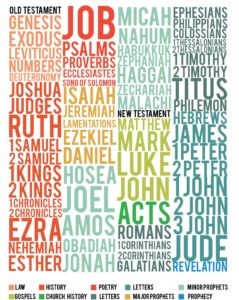
God has been gracious to me again this past year and given me yet another opportunity to teach preaching to students pursuing their Master’s degree as part of their training. Once again this year I said something like:
“Read and think hard to become a pastor-theologian for your faith-family.”
Each year part of my privilege involves listening to my new friends preach sermons as their final project/assignment for the semester in Advanced Homiletics. Each year I think to myself something like:
“Keep encouraging them to read and think hard to become a pastor-theologian for their faith-families.”
The sermons often contain the results of good exegesis, but many are a bit on the lighter side when it comes to theological thinking. I hear solid definition of key terms–word studies; I hear less solid thinking with respect to the why’s and how’s of our relationship to these well-defined concepts.
So, if you were interested in continuing to grow as a theologian, one easy and effective way to proceed is to consider reading Crossway’s series of leading theologians on the Christian Life. I am just completing Lewis on the Christian Life and it has been one of my top five reads in my lifetime. Really. Though not a theologian, Lewis’s thinking is unparalleled (which is not the same as saying he was a good exegete). Joe Rigney’s book, however, is excellent. And the other books I’ve read in the series are also extremely good.
It seems like modern pastor-theologians that are worth studying always quote the likes of Lewis and also Jonathan Edwards. I encourage you to join that club so our Lord continues to receive glory in the church and in Christ Jesus (Ephesians 3:21),
Randal
P.S. Rigney’s analysis of Lewis’s thoughts on the corruption of human love and how temptation works on men and women is an example of how such thinking adds theological depth to sermons.











